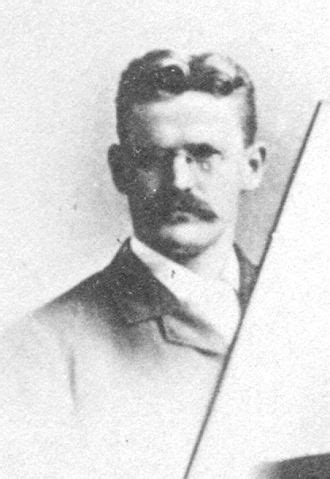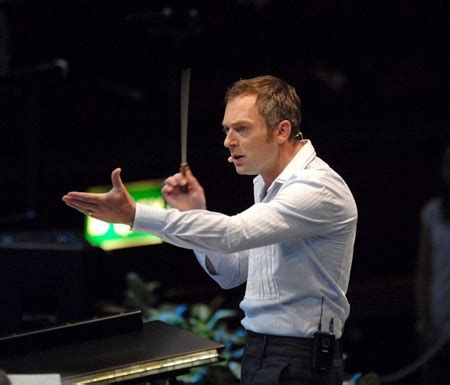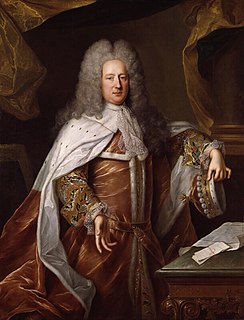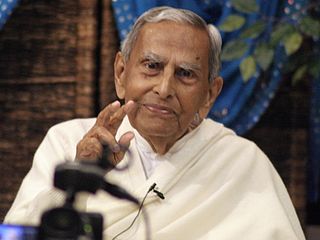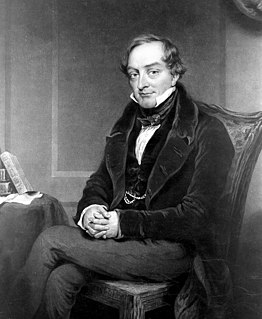A Quote by Thomas Huxley
I have endeavoured to show that no absolute structural line of demarcation, wider than that between the animals which immediately succeed us in the scale, can be drawn between the animal world and ourselves; and I may add the expression of my belief that the attempt to draw a physical distinction is equally futile, and that even the highest faculties of feeling and of intellect begin to germinate in lower forms of life.
Related Quotes
One can hardly appreciate how academia has perverted its highest tasks and "ideals" without pondering long and hard the implications of Jacques Barzun's House of Intellect and its Hegelian/Bergsonian contrast between rigidified "intellect" and always-growing "intelligence." This fundamentally Hegelian distinction, needless to say, cuts to the quick of the contrast between Platonic and Aristotelian forms of philosophy.
There are transitional forms between the metals and non-metals; between chemical combinations and simple mixtures, between animals and plants, between phanerogams and cryptogams, and between mammals and birds [...]. The improbability may henceforth be taken for granted of finding in Nature a sharp cleavage between all that is masculine on the one side and all that is feminine on the other; or that any living being is so simple in this respect that it can be put wholly on one side, or wholly on the other, of the line.
Without our fully realizing it, flowers would become for us an expression in form of that which is most high, most sacred, and ultimately formless within ourselves. Flowers, more fleeting, more ethereal, and more delicate than the plants out of which they emerged, would become like messengers from another realm, like a bridge between the world of physical forms and the formless.
We shall use the terms morality, behavior, conduct, or constructive action in the same broad way. It may sound strange to speak of the morals of an atom, or of the way in which a molecule conducts itself. But in the last analysis, science can draw no fundamental distinction between the conduct of an animal, a bullet, or a freshman, although there may be more unknown factors involved in one case than in the other.
Most people in the Western world grow up with the received wisdom that Mozart was a genius. But few people necessarily know why. More than anyone else, he captured this something which is the human condition, the fine line that we all constantly dance between joy and pain, between absolute happiness and absolute heartbreak.
There is a certain consideration, and a general duty of humanity, that binds us not only to the animals, which have life and feeling, but even to the trees and plants. We owe justice to people, and kindness and benevolence to all other creatures who may be susceptible of it. There is some intercourse between them and us, and some mutual obligation.
Ethics occupies a central place in philosophy because it is concerned with sin, with the origin of good and evil and with moral valuations. And since these problems have a universal significance, the sphere of ethics is wider than is generally supposed. It deals with meaning and value and its province is the world in which the distinction between good and evil is drawn, evaluations are made and meaning is sought.
Paul's vision, though, is starting small, with actual communities in which reconciliation and justice has to be practiced - like the rich/poor distinction in the Corinthian church, for instance, or the projected reconciliation between Philemon and Onesimus. But he clearly believes (Ephesians 3) that communities like this send a signal to the wider world that Jesus is Lord - which is aimed at then the whole world coming into line.
And so it is with our own past. It is a labour in vain to attempt to recapture it: all the efforts of our intellect must prove futile. The past is hidden somewhere outside the realm, beyond the reach of intellect, in some material object (in the sensation which that material object will give us) of which we have no inkling. And it depends on chance whether or not we come upon this object before we ourselves must die.
We cannot separate ourselves from those whom we call the 'lower' animals. They are lower in the scale of evolution, but they, like us, are members of the One Family. We must not take away the life of any creature. Indeed, we must never take away that which we cannot give. And as we cannot restore a dead creature to life, we have no right to take away its' life.
I consider the differences between man and animals in propensities, feelings, and intellectual faculties, to be the result of the same cause as that which we assign for the variations in other functions, viz. difference of organization; and that the superiority of man in rational endowments is not greater than the more exquisite, complicated, and perfectly developed structure of his brain, and particularly of his ample cerebral hemispheres, to which the rest of the animal kingdom offers no parallel, nor even any near approximation, is sufficient to account for.






